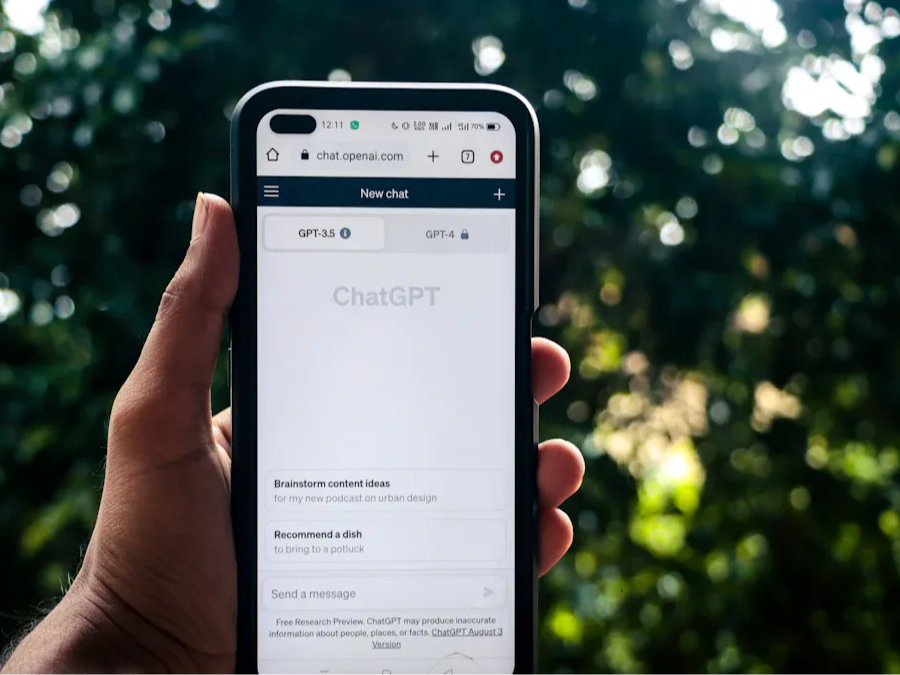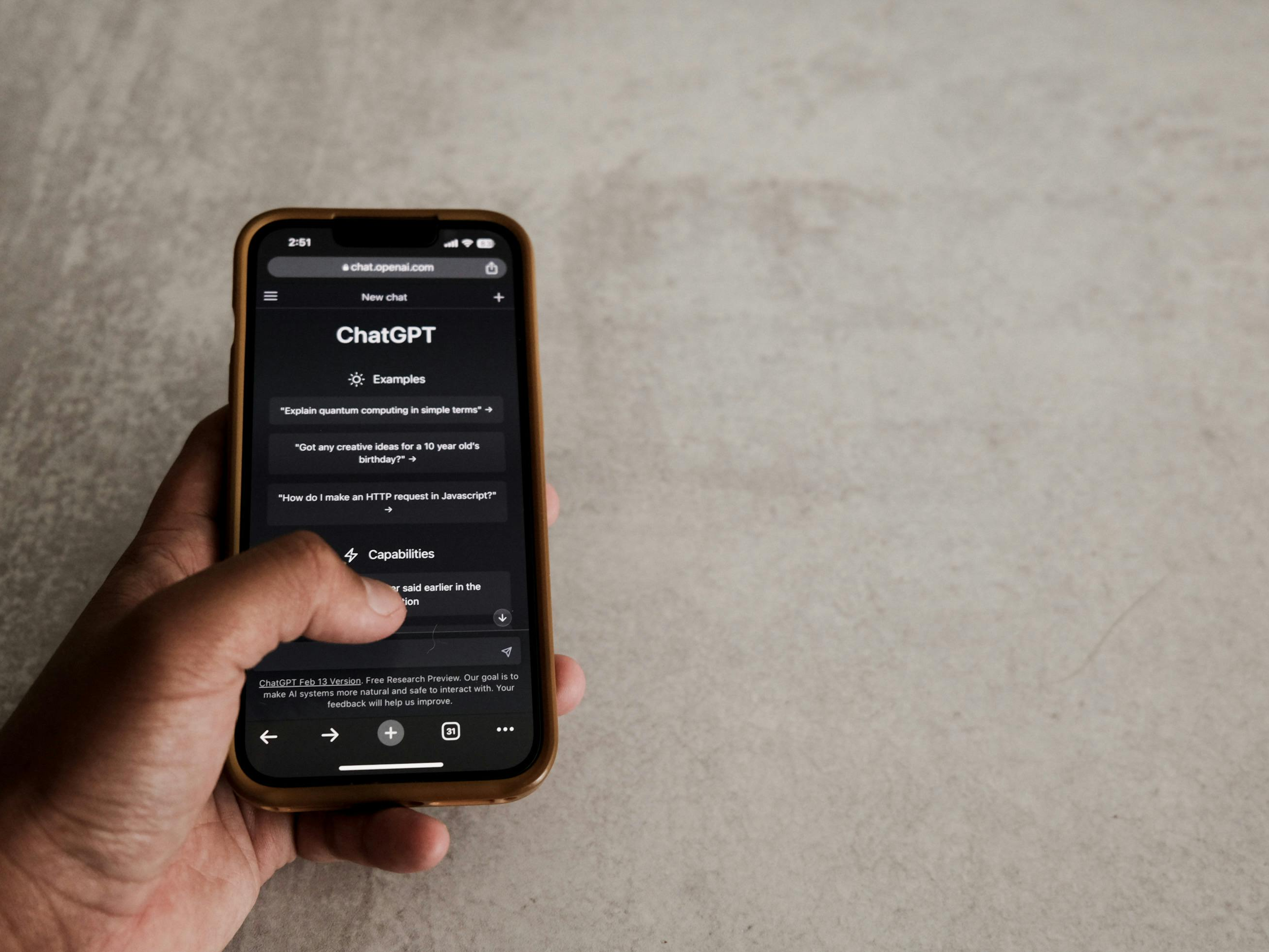Introduction
Why Compare ChatGPT Search and Google?
The way we search for information is changing faster than ever. In 2025, Google Search remains the most visited site on Earth, but ChatGPT has emerged as a serious contender. No longer just a chatbot, ChatGPT now offers a “search” experience that can rival traditional engines.
So which is better for you? Is Google’s tried-and-true algorithm still unbeatable? Or can ChatGPT’s conversational AI deliver faster, clearer, or even smarter answers?
This article dives deep into both, comparing how they work, where they shine, and where they struggle. By the end, you’ll know exactly when to use Google and when to switch to ChatGPT for your search needs.
How ChatGPT Search Works in 2025
ChatGPT's new search function is not just about keyword matching—it uses advanced generative AI. When you type a question, it doesn't just point you to web pages. Instead, it synthesizes information from its trained knowledge and, in Pro modes, from real-time browsing tools (depending on your subscription and permissions).
It’s designed to deliver a direct, conversational answer tailored to your question. For example, asking “How to bake a vegan cake?” won’t just list links—it may give you an entire recipe in easy steps.
This is the heart of generative search: it acts as an assistant rather than a directory.
Pros and Cons
| Pros | Cons |
| Personalized, contextual answers | May hallucinate or make errors (AI “hallucination”) |
| Synthesizes multiple sources into one answer | Can't always guarantee live, up-to-date information |
| Useful for brainstorming, step-by-step help | Less transparent about where information comes from |
How Google Search Works in 2025
AI Overviews and Traditional Search
In 2025, Google has deeply integrated its new AI Overviews into search results. When you search, you often see a generated summary above the regular links, giving you quick answers in natural language.
Unlike ChatGPT, Google combines real-time indexing of billions of pages with generative AI, ensuring these overviews are updated and source-based.
Yet, Google hasn’t abandoned classic search. Users still get traditional blue links, images, videos, maps, and Shopping results. AI Overviews simply augment them for a faster, easier experience.
Pros and Cons
| Pros | Cons |
| Real-time indexing of latest content | AI Overviews sometimes make mistakes |
| Credible sources linked transparently | Can overwhelm users with too many options |
| Multiple content formats in one place | Ads and sponsored results can clutter the UX |
Key Comparison: ChatGPT vs. Google Search
Speed and User Experience
| Aspect | ChatGPT | |
| Style | Natural, conversational answers | Structured results instantly |
| User Effort | Less effort to understand | May need to sift through links |
| Format | Assistant-like, one coherent reply | Multiple formats: links, images, maps |
Accuracy and Reliability
| Aspect | ChatGPT | |
| Data Source | Trained model + optional browsing | Live web indexing |
| Transparency | May lack clear citations | Shows dates, authors, links |
| Risk | Potential hallucinations | Generally reliable, source-based |
Use Cases and Best Fit
| When to Use | ChatGPT | |
| Best For | Quick understanding, brainstorming | Verifying facts, live data |
| Typical Tasks | Drafting text, code, plans | Shopping, maps, local info |
| User Strategy | Personalized assistant | Comprehensive search engine |
User Study and Real-World Examples
To truly understand the difference between ChatGPT and Google Search, let’s look at real-world studies and user feedback.
A 2023 research paper (arXiv) compared how users completed search tasks with ChatGPT vs. Google. Results showed:
- ChatGPT users often finished tasks faster, because answers were directly explained.
- Google users spent more time evaluating sources, clicking multiple links to verify accuracy.
- For fact-checking, Google was preferred for its transparency.
- For creative tasks (like writing ideas or summaries), users loved ChatGPT’s ease.
In practice, professionals often use both. For example:
A student might use ChatGPT to brainstorm essay outlines, then Google to find reputable sources.
A marketer might ask ChatGPT for campaign ideas, then search Google for competitors and trends.
Future Trends in AI Search
Answer Engine Optimization (AEO)
A major trend for content creators is Answer Engine Optimization (AEO). Instead of just ranking for keywords, you need to ensure your content answers questions clearly and directly so both Google’s AI Overviews and ChatGPT can use it.
Best practices include:
- Structuring content with clear headings (H2, H3)
- Including FAQs and summaries
- Citing credible sources
- Using natural, conversational language
Implications for Marketers and Users
For marketers, this means rethinking SEO strategy. The goal is no longer just to “rank #1,” but to be the answer.
For users, it means better, faster results—but also a responsibility to check AI-generated summaries for accuracy.
Conclusion
In 2025, ChatGPT Search and Google Search both offer powerful ways to find information. ChatGPT is like a friendly assistant that understands your question and answers in clear language. Google is a vast, authoritative index with real-time results and transparent sources.
Instead of choosing one over the other, smart users—and smart marketers—use both. The future of search isn’t “AI vs. traditional,” but “AI-enhanced.”
FAQ
Q1. Is ChatGPT better than Google Search for complex questions?
It depends. ChatGPT is great for explanations, but Google provides diverse, source-linked results.
Q2. Does ChatGPT give real-time search results like Google?
Not by default—unless using browsing-enabled versions. Google always has live indexing.
Q3. How reliable is ChatGPT’s information compared to Google?
Google is generally more reliable due to clear sources. ChatGPT may sometimes “hallucinate.”
Q4. Can I use both ChatGPT and Google for research?
Yes! Many people use ChatGPT for drafts and brainstorming, and Google for verifying sources.
Q5. What are the main differences between Google AI Overviews and ChatGPT answers?
Google AI Overviews cite sources and live data, while ChatGPT delivers conversational summaries.








